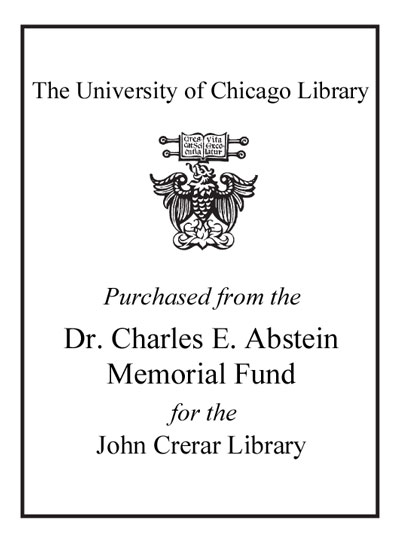Review by Choice Review
Advances in medical technologies appear to offer new opportunities for improving the human condition--especially for future generations. Purcell (SUNY Oneonta) explains how the notion that such technologies are tools that can protect humans from vulnerability is not only mistaken but also harmful. Framing her discussion within the context of her experience with fertility treatments and the process of adoption, Purcell provides an insightful critique of the commercialized and economic distortions affecting notions of the quality of life and what people owe one another and their children. The chapters focus consecutively on five dimensions of human vulnerability: aging, illness, death, misfortune, and suffering. In response to the aspirations of perfectionist technologies to eliminate human fragility, Purcell argues for a reconceptualization of quality of life in terms of respect for diversity, relational authenticity, empowered self-direction, and mutual recognition. Thus, achieving well-being for future generations needs more than the mere application of technology, requiring a reworking of society toward humility and mutual respect. Purcell's style is clear and engaging, and her argument is not only cogent and persuasive but also an important call for reflection as current scientific developments threaten to outpace the human capacity for moral understanding. Summing Up: Highly recommended. Lower- and upper-division undergraduates. Graduate students, faculty, and professionals. --Charles D. Kay, emeritus, Wofford College
Copyright American Library Association, used with permission.
Review by Choice Review

